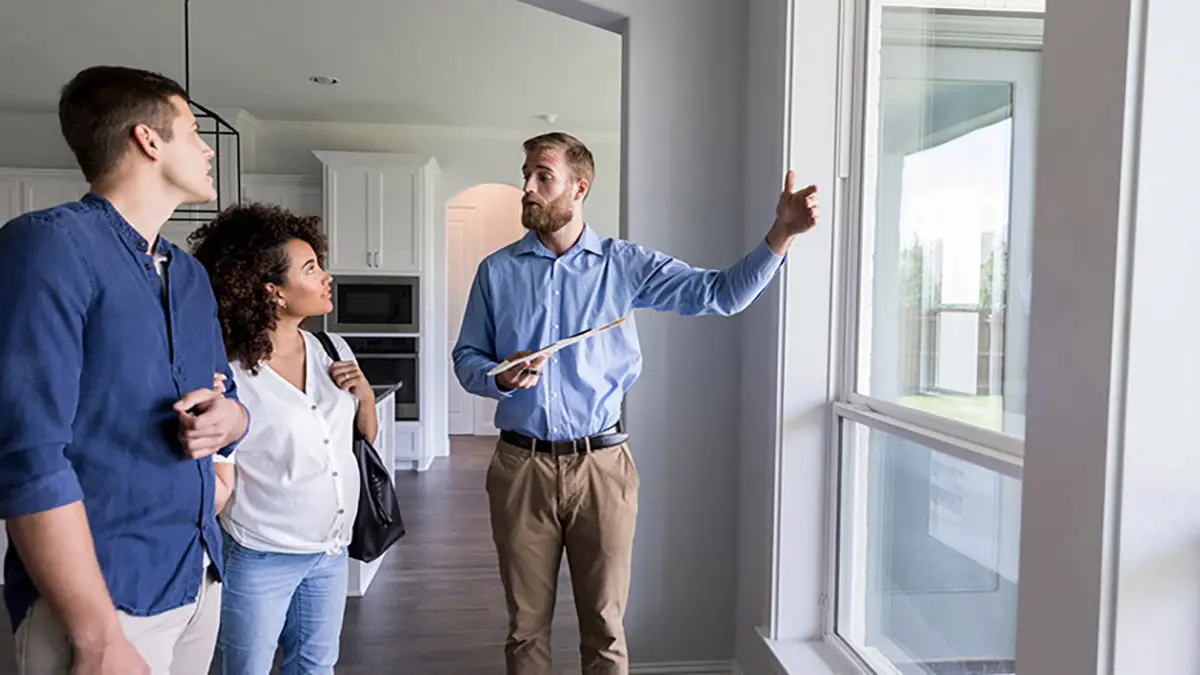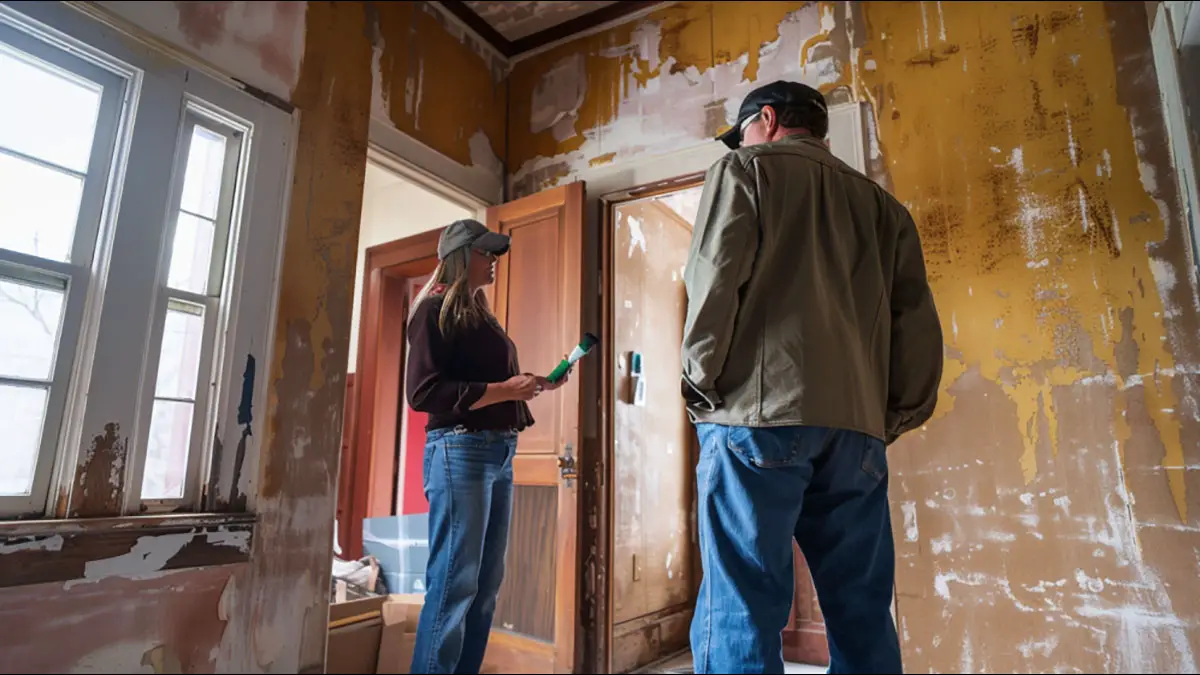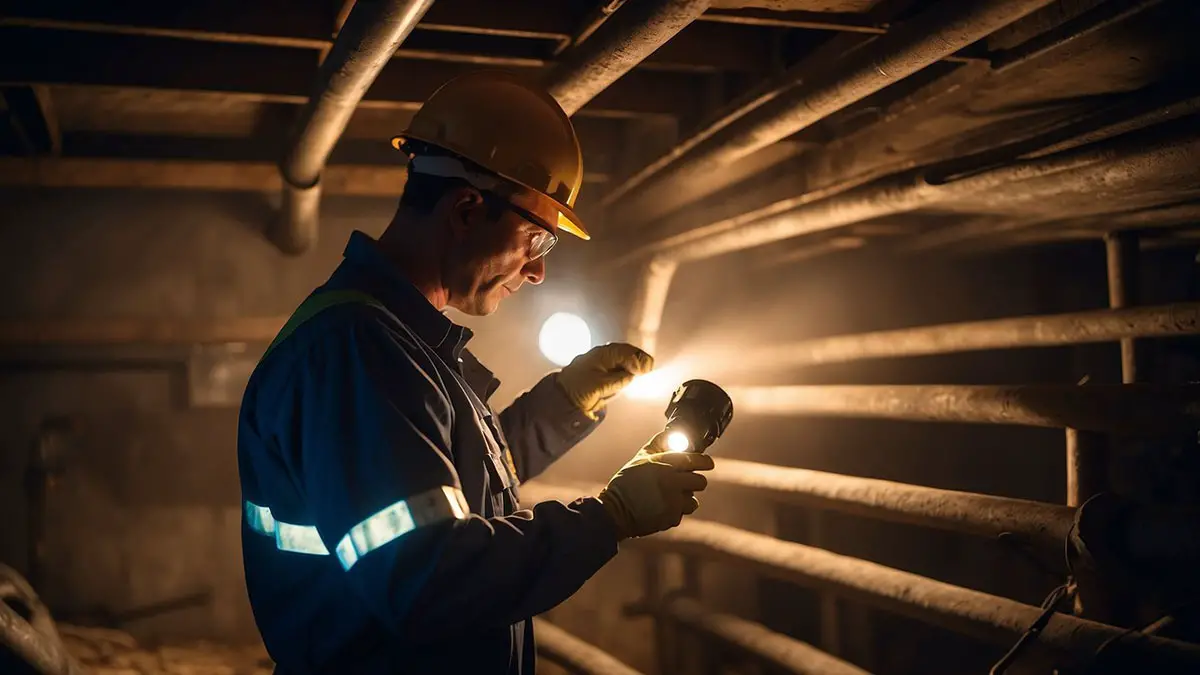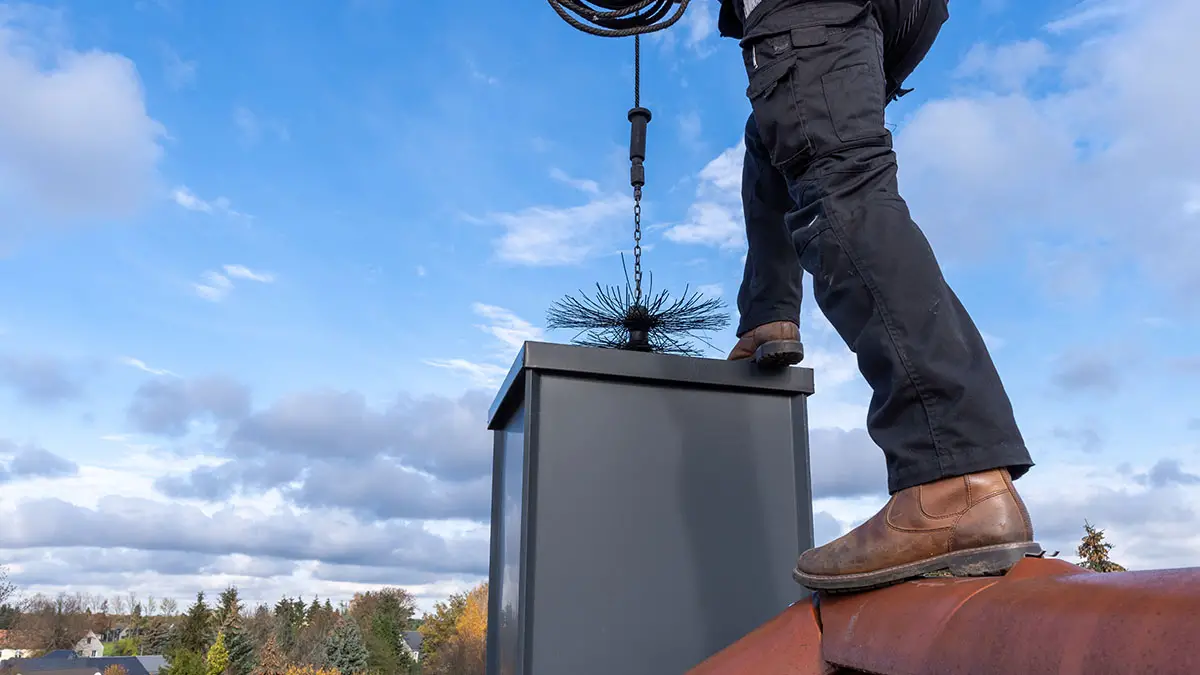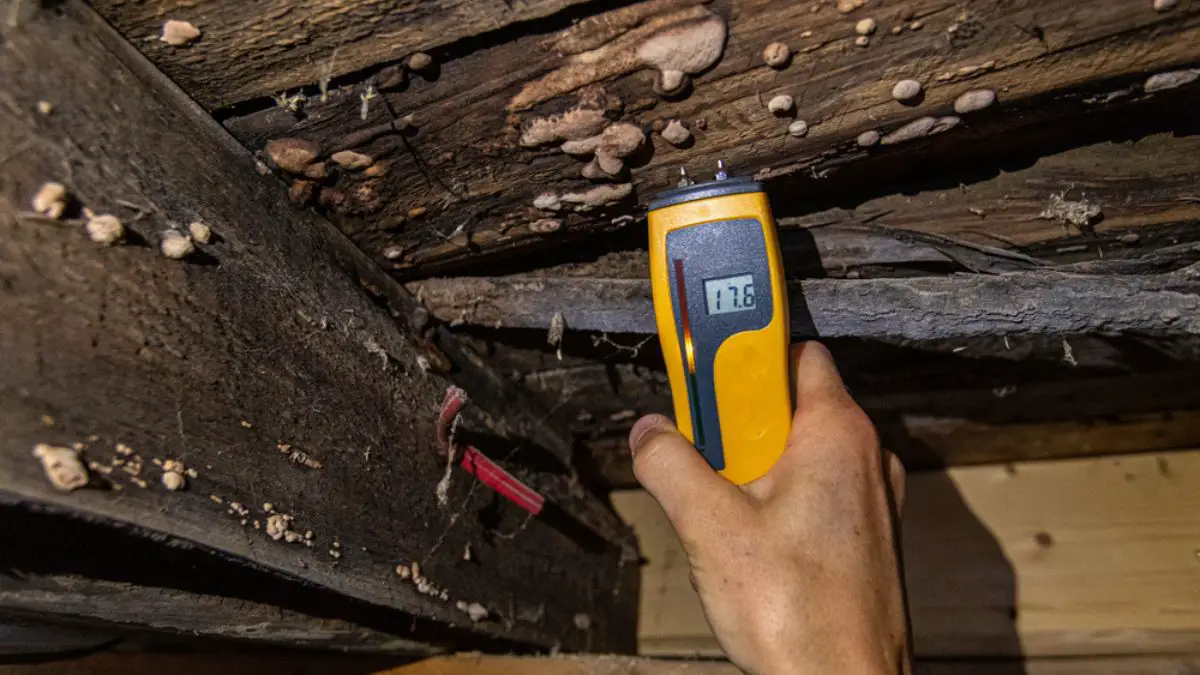When purchasing a home, who pays for the home inspection is an important question. A home inspection is performed by a professional inspector who looks for potential risks and problems in the home’s condition.
While it’s true that the home buyer typically pays for the home inspection, this is not how inspectors define it.
According to home inspectors, the client pays the home inspection fee. The client is defined as whoever hired the home inspector to perform the home inspection. Home inspectors require a signed inspection agreement with the client outlining terms and inspection costs.
The cost of a home inspection can vary depending on the size and age of the property, as well as its location and any specialized services requested. Understanding who pays for a home inspection is essential to covering all costs associated with purchasing a home.
Buying a house without an inspection can cost much more than the home inspection fee. Most home inspections uncover $5,000 or more in defects and safety issues, making it a worthwhile investment.
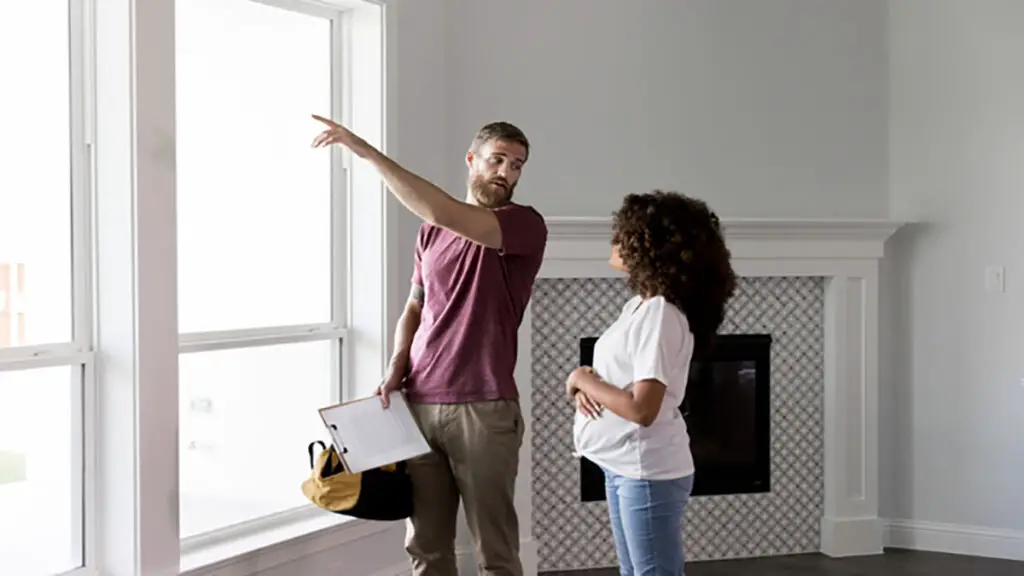
Why Buyers Should Pay for Home Inspections
When buyers opt for a full home inspection, they hire a professional to thoroughly examine their potential new property, leaving no stone unturned. This includes uncovering all the aspects of the property, whether they are good, bad, or ugly.
It’s important to note that if the seller is the one who pays for the home inspection, there could be a conflict of interest. A seller would likely prefer an inspection report that paints their property in a flawless light.
Therefore, it’s beneficial for buyers to pay for the inspection. They can select an inspector and gain the peace of mind that the evaluation will be objective and unbiased.
It’s an opportunity for buyers to view the home beyond what is described in the listing and what the untrained eye can see. Additionally, it’s the responsibility of the buyer to conduct their due diligence, and opting for an inspection is a crucial part of this process.
Understandably, buyers would want to pay for the inspection, as it’s necessary to make an informed decision about the property.
What a Home Inspection Includes
When a home buyer hires a certified home inspector, the inspector is bound by a Code of Ethics to report defects and serve their client’s best interest. Find an inspector at NACHI.org.
The buyer’s purchase offer has a home inspection contingency clause (typically 10-14 business days) where the buyer can hire an inspector to inspect the home.
The buyer hires the home inspector; thus, it’s generally the buyer’s responsibility to pay the inspector’s fee. The home inspection fee is usually paid upfront, either on or before the inspection day.
The home inspector’s job is to examine the following areas of the home to look for significant issues. A standard home inspection includes the next:
- Exterior includes site grading, vegetation, siding, doors, and windows.
- Structure including the attic, crawl space, basement, and foundation inspection.
- Roof include roof coverings, gutters, eaves, and chimneys.
- Interior including walls, flooring, doors, and other finished surfaces.
- Electrical systems include wiring, lights, meter box, panel boxes, outlets, and switches.
- plumbing includes supply and waste piping, water heater, and plumbing fixtures.
- HVAC systems include heating systems and central air conditioning systems, and ductwork.
- Hazards include the presence of potential health and safety concerns.
- Cosmetic damage is generally not included unless it causes a structural or system failure.
Can You Negotiate Costly Repairs After the Home Inspection?
After a completed home inspection, your real estate agent will sit down with you to review the inspection report and draft a repair addendum to help you negotiate home inspection repairs.
In most states, some items revealed inside the written report that was not on the property disclosure may be negotiated or repaired. You should seek counsel from a licensed real estate broker because this can vary from state to state. Cosmetic items are not necessary repairs.
Do Sellers Have to Fix Everything on the Home Inspection Report?
No, sellers do not have to fix everything listed on the home inspection report. In most cases, the seller and buyer will discuss who pays for repairs after a home inspection if major issues or defects arise are noted in the report and negotiate repairs or credits for the buyer.
However, depending on the buyer’s financing, the seller may be required to address any structural and safety issues. Depending on state laws, sellers may also be required to disclose known material defects to prospective buyers before a sale.
If a home inspection report reveals a structural deficiency not listed in the property disclosure, state law may require expensive repair. These costly repairs include structural damage, wood rot, leaky roofs, plumbing leaks, electrical issues, and mechanical defects. Homeowners may need to hire a professional contractor or engineer to repair the damage and obtain an accurate cost estimate.
In some cases, it may be necessary to bring in a licensed expert to verify the issue. If the issue is not severe, the homeowner can make repairs themselves. However, when structural problems are present, an experienced and certified professional must be contacted to assess the situation.
If a buyer may sign an “as is” purchase offer, the home inspection findings are mainly for the buyer’s information.
Can a Buyer Walk Away After a Home Inspection?
The home inspector would need to identify severe issues in the home that the seller is unwilling to repair for a buyer to walk away after the home inspection negotiations and receive their escrow money refunded to them.
If the buyer walks away without allowing the seller to correct the repair, the buyer risks forfeiting part or all of the escrow money deposit. This depends a lot on how the home inspection contingency is drafted.
When Do Sellers Pay For Home Inspection
In some situations, a seller will offer to pay for the buyer’s home inspection cost as part of the negotiations to secure the home’s sale. However, this is rare because the home inspection is part of the buyer’s due diligence.
The home inspection cost is about the same as the cost of a real estate appraisal. However, the two are very different. A real estate appraiser looks at market conditions to assign a market value for the home. A home inspection is more focused on the home’s overall condition.
A home inspection aims to verify that the house is free of structural defects, that the home’s systems are in good working order, and have no health or safety issues.
Home Inspection FAQs
When asking who pays for the home inspection, it can raise many other questions. While we’ve tried to cover the who pays for the home inspection topic thoroughly, you may have more questions.
What is the inspection period escrow?
The inspection period escrow is during the home-buying process when the buyer can inspect the property and submit any requests for repairs or other changes. The buyer will typically deposit into escrow, which serves as collateral if they decide not to purchase the property based on their inspection results.
Does the seller have to disclose a previous inspection?
No, the seller does not have to disclose a previous inspection. It is up to the buyer to request an inspection, and the seller is not obligated to provide any information about previous inspections that may have been done in the past.
Do I need a home inspection?
Yes, if you want to buy a new home, it is always a good idea to get a home inspection before purchasing. A home inspection can help identify potential costly issues that must be addressed before you sign the papers and move in.
How long does a home inspection take?
A home inspection typically takes two to four hours, depending on the size of the home and any additional services requested.
Key Takeaways on Who Pays for the Home Inspection
- The homebuyer typically pays for the home inspection. This is because the inspection is for their benefit to ensure that the property is in good condition and meets their expectations.
- Lenders don’t require home inspections, but they are highly recommended. The buyer can choose to include a home inspection contingency in their purchase agreement, which allows them to back out of the sale if the inspection reveals significant issues with the property.
- The cost of a home inspection can vary depending on the size of the property and the location. However, a home inspection can cost between $400 and $600.
- In some cases, the seller may offer to pay for the home inspection as a gesture of goodwill or to show that they are serious about selling the property. However, it is not typical for the seller to pay for the inspection.
- Homebuyers should always research and choose a reputable home inspector to ensure that they receive an accurate assessment of the property’s condition. It’s essential to hire an inspector who is licensed, experienced, and has a good reputation in the industry.
- Homebuyers should also be prepared for additional inspections, such as pest or specialized inspections for mold or radon. These additional inspections will typically come at an additional cost.
- While the homebuyer is responsible for paying for the home inspection, it is often considered a small price for the peace of mind that comes with knowing the property is in good condition and free from major issues.



